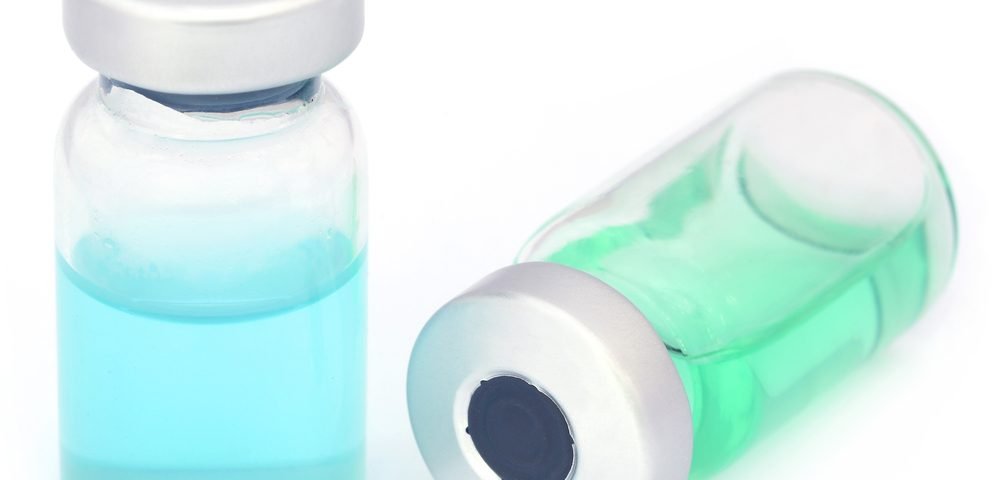Injections of Rituxan (rituximab) for non-Hodgkin lymphoma are as effective as intravenous administrations, take five minutes instead of an hour and a half, and require far less medical-staff monitoring time, according to a study.
The research, “Efficacy and safety of subcutaneous rituximab versus intravenous rituximab for first-line treatment of follicular lymphoma (SABRINA): a randomised, open-label, phase 3 trial,” was published in Lancet Haematology.
Rituxan, known in Europe as MabThera, is a standard therapy for B-cell non-Hodgkin lymphoma, including follicular lymphoma.
Most patients receive it by IV, which takes about 90 minutes and requires constant medical-staff monitoring. An injection requires five minutes and minimal patient-monitoring time.
The study combined the results of stages 1 and 2 of the multi-center, randomized, controlled Phase 3 SABRINA clinical trial (NCT01200758). It was aimed at comparing the effectiveness, safety and pharmacokinetics of injected versus IV-administered Rituxan. Pharmacokinetics involves how drugs move through the body.
Patients were randomly assigned to receive either injections or IV administrations of Rituxan plus chemotherapy, followed by maintenance therapy on Rituxan alone.
Stage 1 of the trial involved determining if the dose that researchers chose for injection was of similar strength to IV-administered Rituxan. The injected dose proved as effective as the IV form in 127 patients, researchers said.
Stage 2 involved dividing 410 patients into two treatment arms of 205 each.
The primary measuring stick of stage 2 was how well patients responded to each form of treatment. The results were remarkably similar. The response rate to the IV form was 84.9% of all patients, while the response to the injection form was 84.4% of patients.
Researchers said the frequency of adverse events was similar in the two forms of treatment as well. Thirty-four percent of patients in the IV group reported a serious adverse event, versus 37 percent in the injection group.
Rituxan is a monoclonal antibody that binds to and inhibits the tumor-promoting CD20 protein on the surface of B-cells. To reach its target, Rituxan must go into the blood stream.
A pharmacokinetics analysis showed that levels of Rituxan in the blood were similar whether patients received the drug by injection or intravenously.
The trail confirmed previous studies indicating that injecting Rituxan does not compromise its ability to combat lymphoma in combination with chemotherapy.
In addition, injections increase patient satisfaction and reduce the medical resources that must be committed to IV administration, the research team said.


